- Home
- About Us
- Products
- TD High-efficiency And Energy-saving Circulating Pump
- TD High-efficiency And Energy-saving Circulating Pump Accessories
- Pipeline Pump
- Pipeline Pump Accessories
- Sewage Pump
- Sewage Pump Accessories
- LG Multi-stage Pump
- LG Multi-stage Pump Accessories
- Cooling Tower Circulation Pump
- Electric Motor
- Electric Motor Accessories
- News
- Contact Us
- Home
- About Us
- Products
- TD High-efficiency And Energy-saving Circulating Pump
- TD High-efficiency And Energy-saving Circulating Pump Accessories
- Pipeline Pump
- Pipeline Pump Accessories
- Sewage Pump
- Sewage Pump Accessories
- LG Multi-stage Pump
- LG Multi-stage Pump Accessories
- Cooling Tower Circulation Pump
- Electric Motor
- Electric Motor Accessories
- News
- Contact Us
Web Menu
- Home
- About Us
- Products
- TD High-efficiency And Energy-saving Circulating Pump
- TD High-efficiency And Energy-saving Circulating Pump Accessories
- Pipeline Pump
- Pipeline Pump Accessories
- Sewage Pump
- Sewage Pump Accessories
- LG Multi-stage Pump
- LG Multi-stage Pump Accessories
- Cooling Tower Circulation Pump
- Electric Motor
- Electric Motor Accessories
- News
- Contact Us
Product Search
Exit Menu
What environmental considerations should be taken into account when using sewage pumps?
When using sewage pumps, several environmental considerations should be taken into account to minimize negative impacts on ecosystems, public health, and water quality. These considerations include:
Ensure that sewage pumps are connected to an appropriate wastewater treatment system to treat and properly dispose of sewage and wastewater. Treatment processes remove contaminants, pathogens, and pollutants from wastewater before it is discharged into the environment, reducing the risk of water pollution and environmental damage.
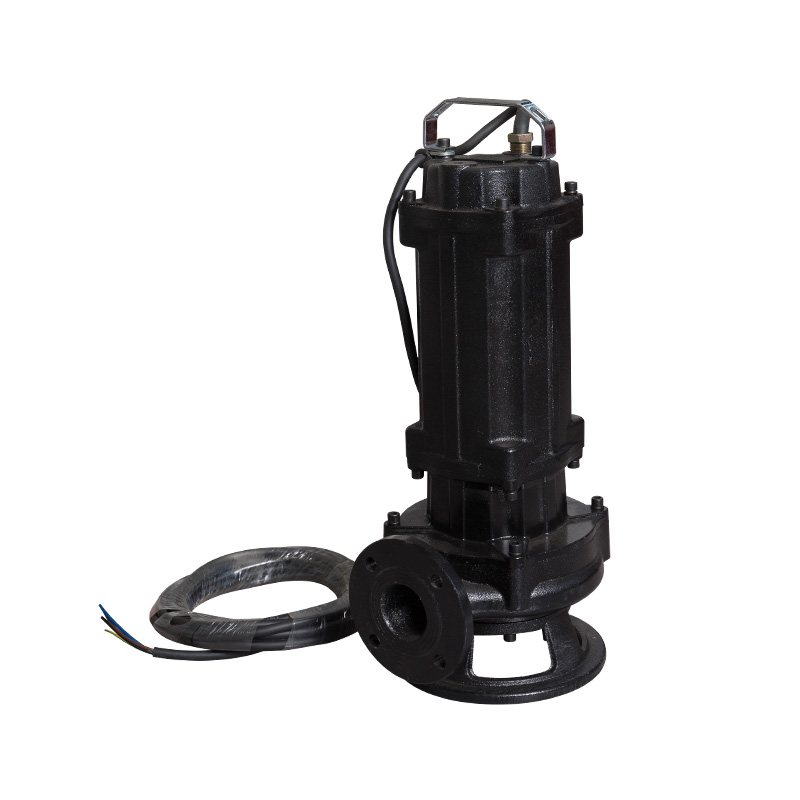
Select discharge locations for sewage pumps that minimize environmental impact and comply with regulations governing wastewater discharge. Avoid discharging untreated or partially treated wastewater into sensitive ecosystems, water bodies, or areas with high ecological value.
Implement measures to protect water quality and prevent contamination of surface water and groundwater sources. This may include installing barriers, containment systems, or filtration devices to capture spills, leaks, or overflows from sewage pump systems and prevent pollutants from entering waterways.
Implement odor control measures to minimize unpleasant odors associated with sewage pumping operations. Odors from sewage pumps can impact nearby communities and recreational areas, so it's important to use ventilation systems, odor-reducing additives, or landscaping buffers to mitigate odors and maintain air quality.
Optimize the energy efficiency of sewage pump systems to reduce energy consumption and greenhouse gas emissions. Select energy-efficient pumps, motors, and control systems, and consider using renewable energy sources such as solar or wind power to power pump
operations.
Consider the potential impact of sewage pump installations on local habitats, wildlife, and ecosystems. Avoid siting sewage pumps in sensitive habitats, wetlands, or protected areas that provide important ecological functions or habitat for endangered species.
Implement flood prevention measures to reduce the risk of sewage spills, overflows, or backups during heavy rainfall events or flooding. Properly design and maintain sewage pump systems, including backup pumps, overflow controls, and emergency response plans, to minimize the risk of environmental contamination and property damage.
Regularly monitor and maintain sewage pump systems to detect and address any leaks, malfunctions, or performance issues that could impact the environment. Implement preventive maintenance programs, conduct routine inspections, and respond promptly to any environmental incidents or concerns.
By considering these environmental considerations and implementing appropriate measures, sewage pump users can help minimize the environmental impact of wastewater handling operations and protect natural ecosystems, water resources, and public health.
Related Products
-
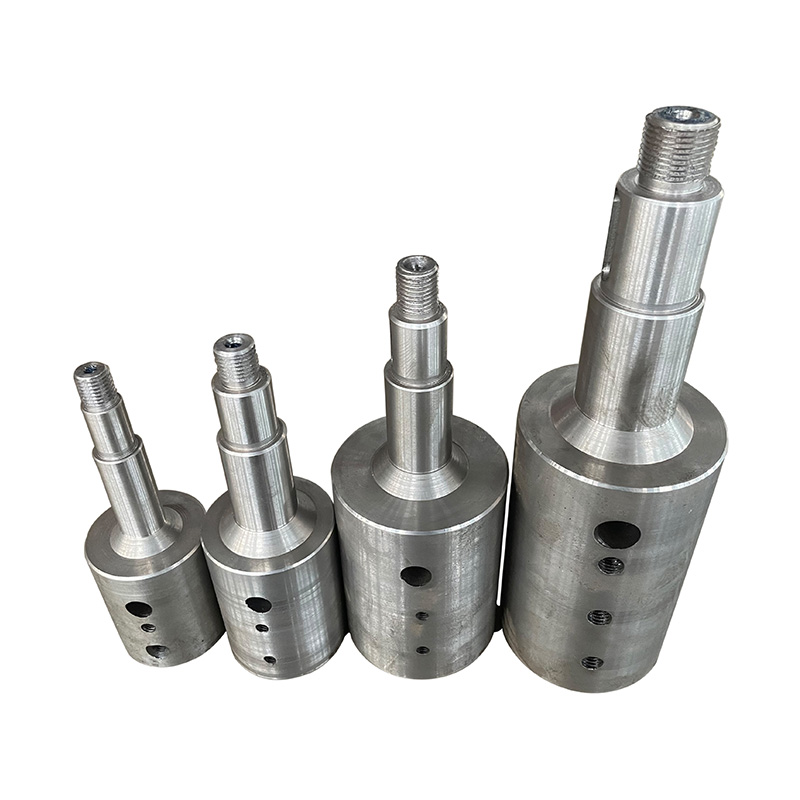
TD high efficiency and energy saving circulating pump pump shaft
Cat:TD High-efficiency And Energy-saving Circulating Pump Accessories
The pump shaft is the component that connects the motor to the impelle...
See Details -

Vertical pipeline pump
Cat:Pipeline Pump
ISG series single-stage single-suction vertical centrifugal pump is a ...
See Details -

Pipeline pump cast iron impeller
Cat:Pipeline Pump Accessories
The impeller refers to both the disc with moving blades, which is an i...
See Details -
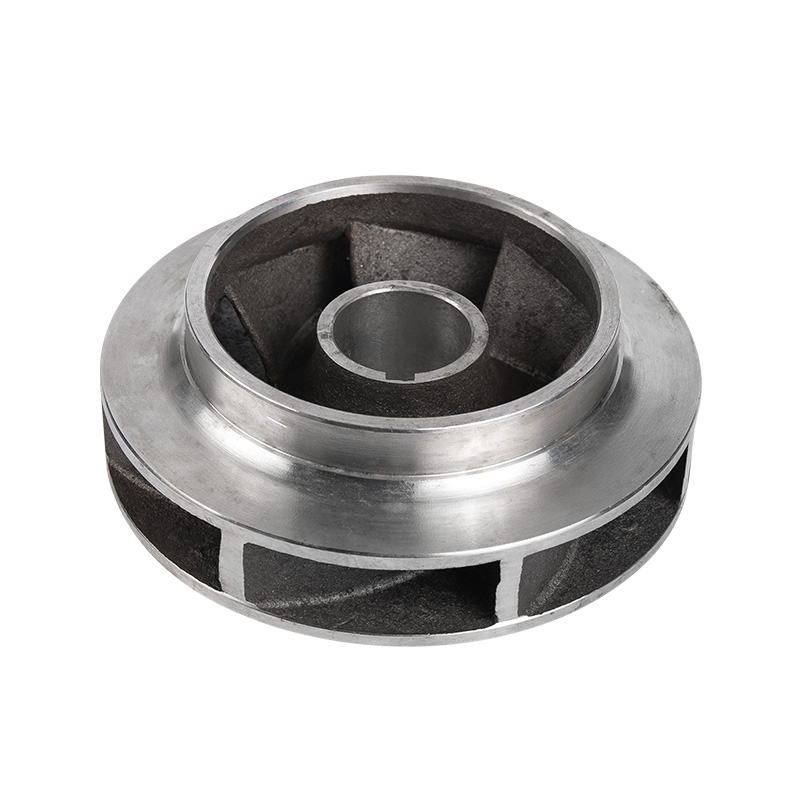
Pipe pump stainless steel impeller
Cat:Pipeline Pump Accessories
Stainless steel impeller material is stainless steel, it is not easy t...
See Details -
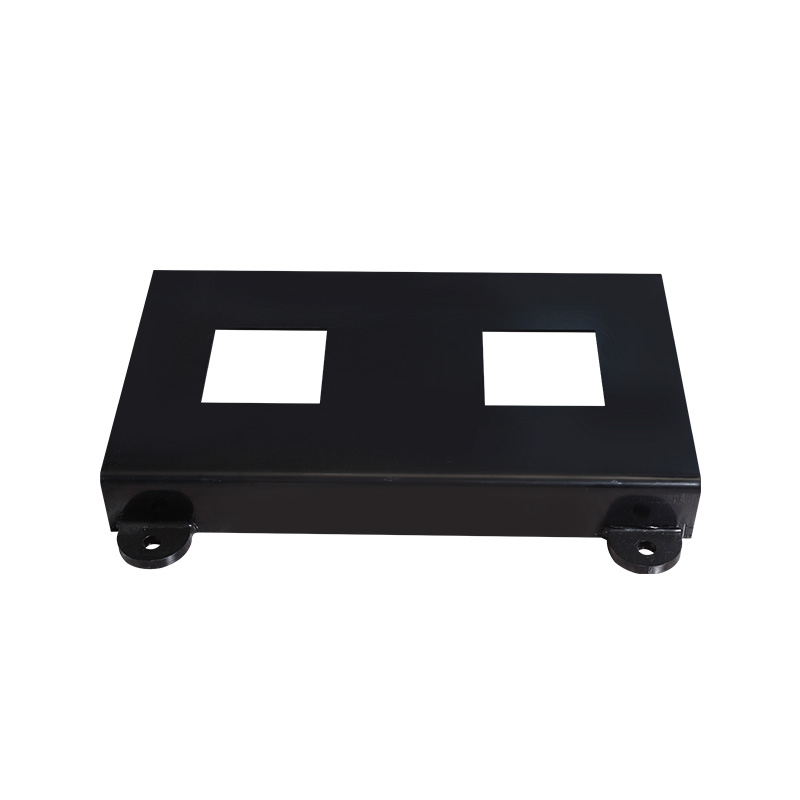
Pipe pump horizontal base
Cat:Pipeline Pump Accessories
The pump base serves to support and secure the pump casing. Horizontal...
See Details -
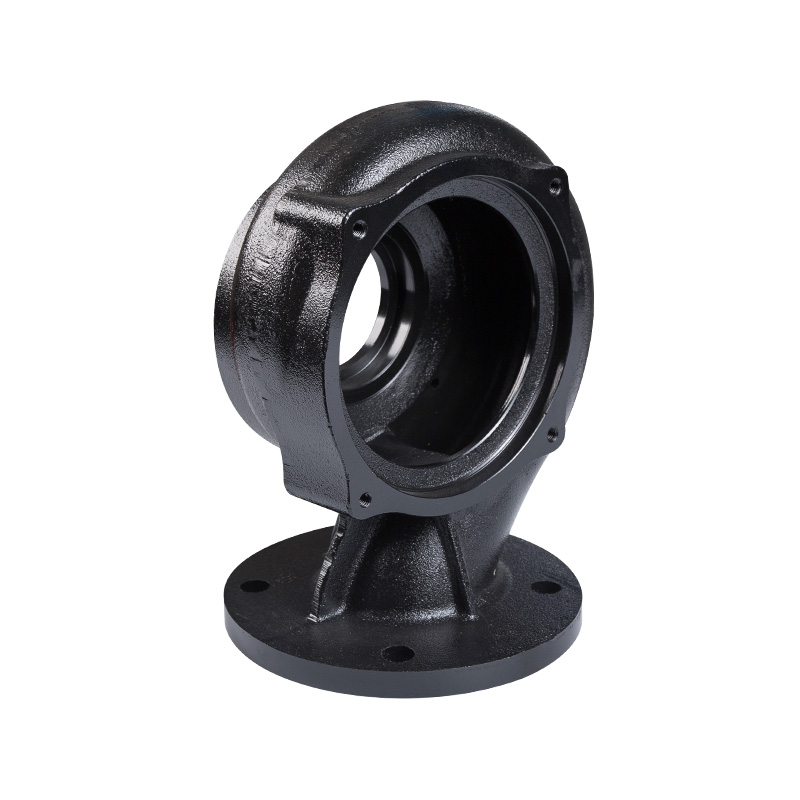
Sewage pump body
Cat:Sewage Pump Accessories
The pump body is the outer shell of the sewage pump, with the function...
See Details -
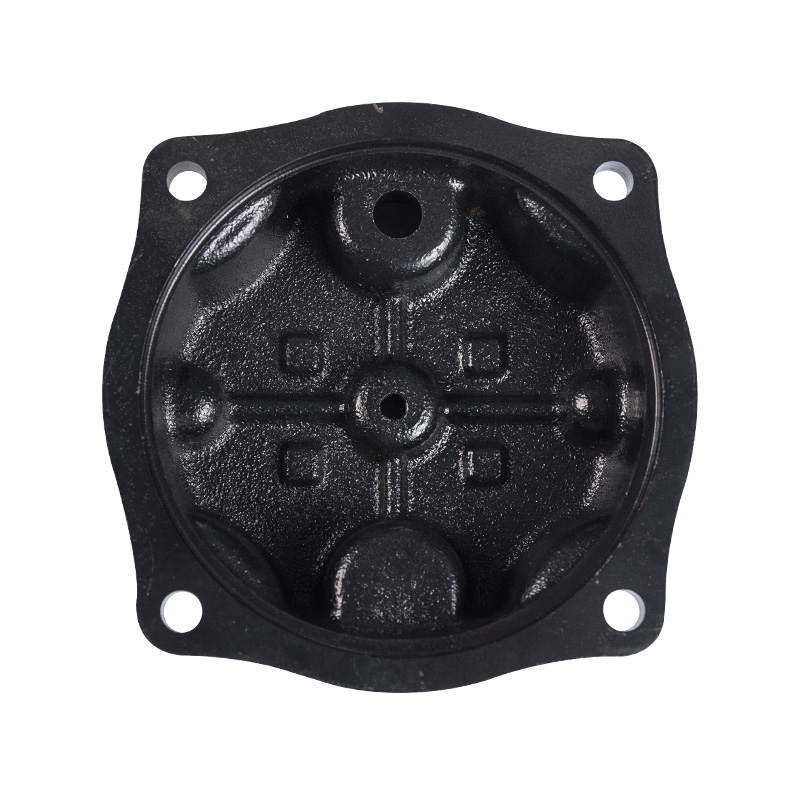
Sewage pump hanging cover
Cat:Sewage Pump Accessories
Installed on the upper part of the sewage pump unit, it is used for li...
See Details -
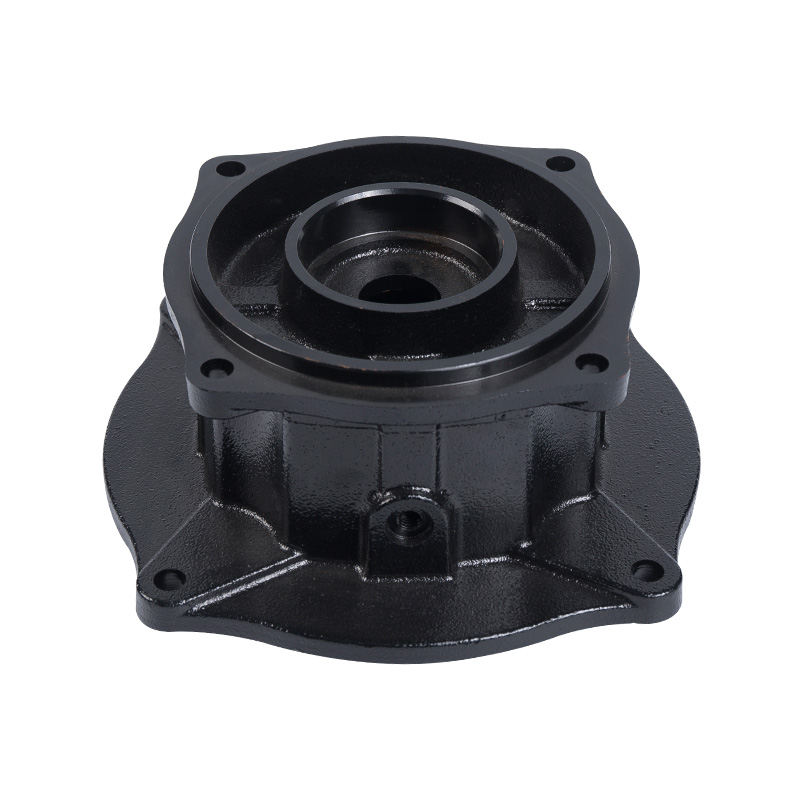
Sewage pump tank
Cat:Sewage Pump Accessories
The oil in the oil chamber, in addition to lubricating the mechanical ...
See Details -
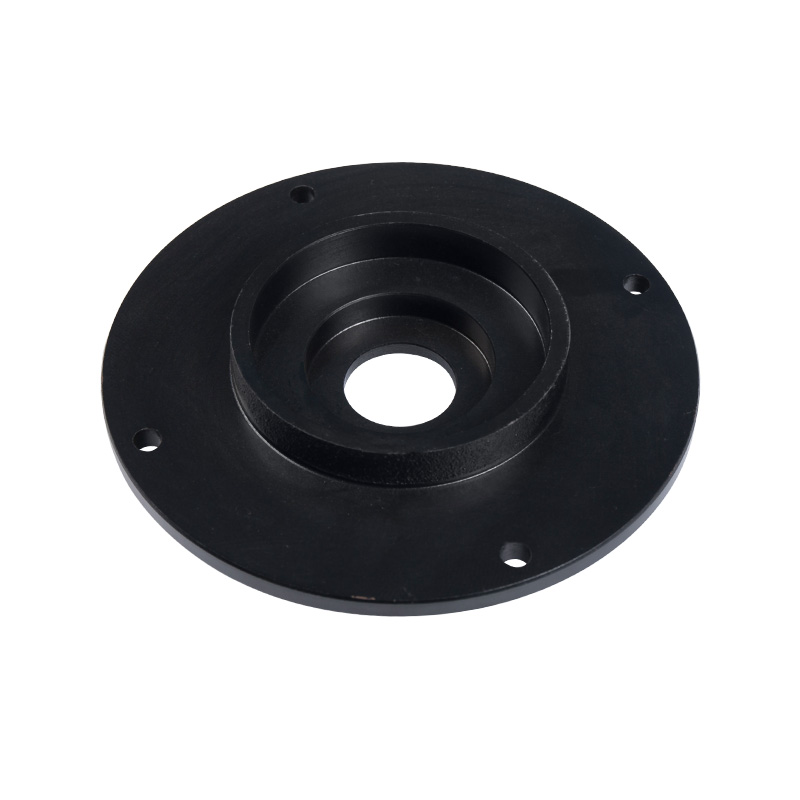
Sewage pump cover
Cat:Sewage Pump Accessories
Installed on the top of the sewage pump unit, it is used to enclose th...
See Details -
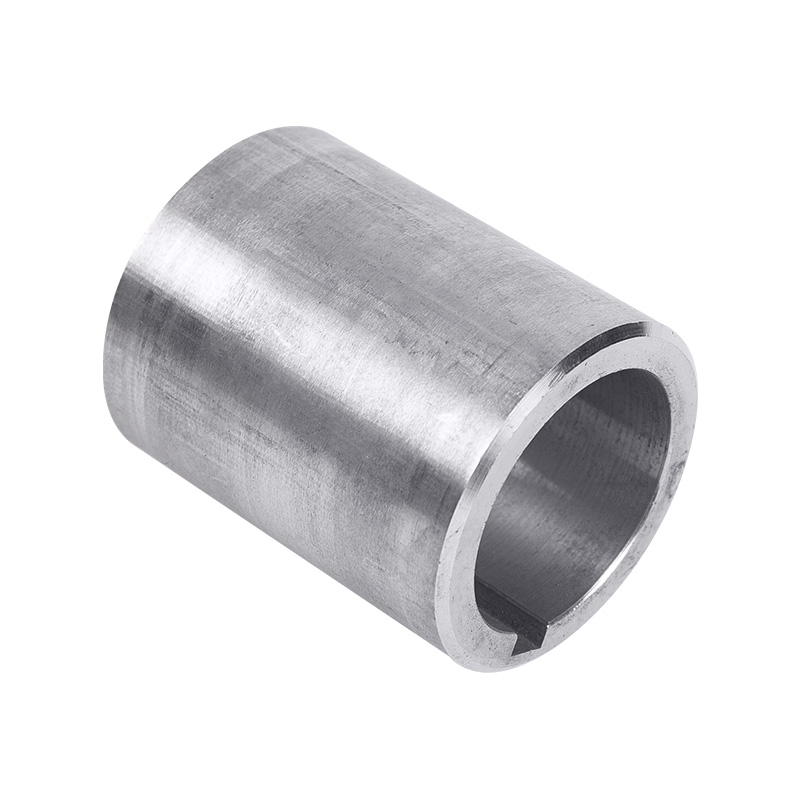
LG multi-stage pump spacer sleeve
Cat:LG Multi-stage Pump Accessories
Spacer sleeve is a ring-shaped part installed between the impellers of...
See Details
- TD High-efficiency And Energy-saving Circulating Pump
- TD High-efficiency And Energy-saving Circulating Pump Accessories
- Pipeline Pump
- Pipeline Pump Accessories
- Sewage Pump
- Sewage Pump Accessories
- LG Multi-stage Pump
- LG Multi-stage Pump Accessories
- Cooling Tower Circulation Pump
- Electric Motor
- Electric Motor Accessories
-

+86-0563-2251312
-

+86-0563-2251311
-

+86-139 6620 0379
-

-

No.43 Guohua Road, Guangde Economic Development Zone, Xuancheng City, Anhui Province, China

